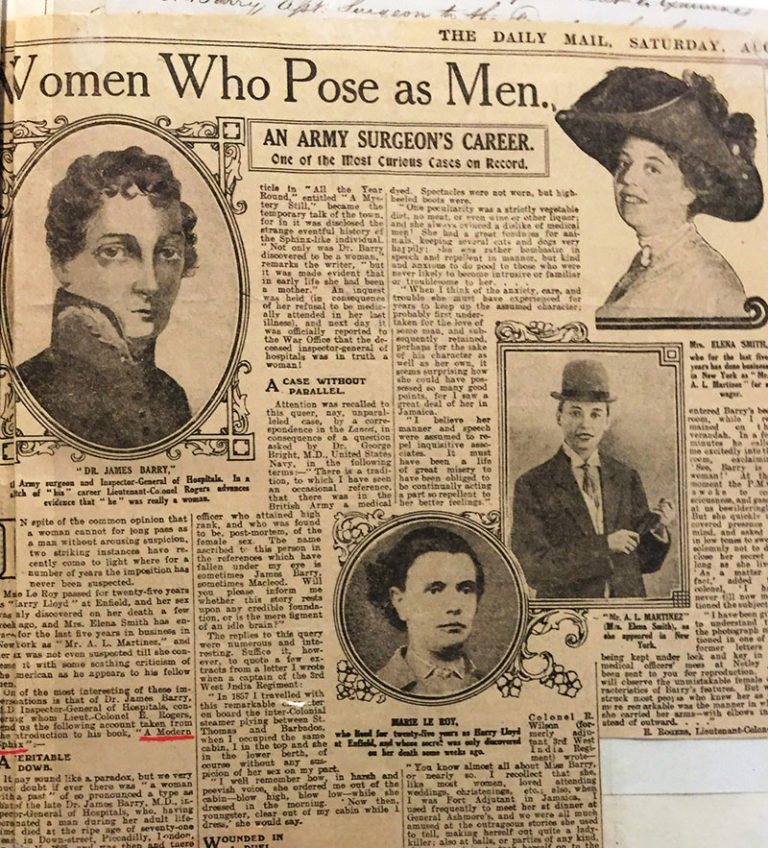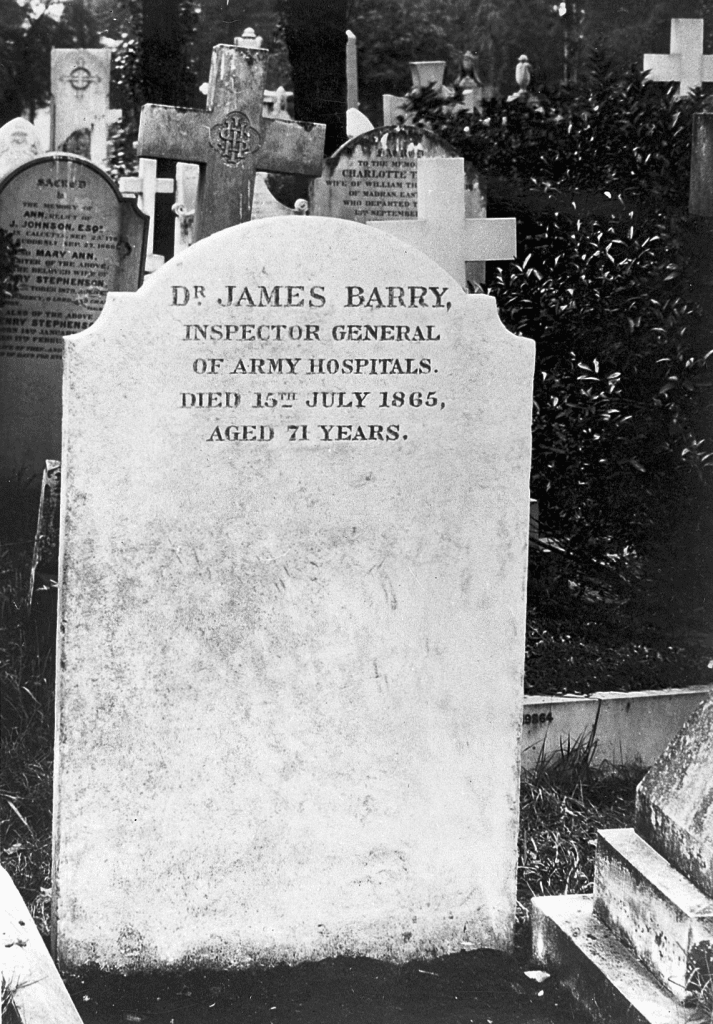In the early 1800s, when women were barred from attending medical school and practicing as doctors, one person broke every rule to change lives on a global scale. Dr. James Barry was a highly respected British Army surgeon whose bold, pioneering work stretched across continents from the battlefields of South Africa to the hospitals of the Caribbean. But Barry carried a secret that would only be discovered after death.
Barry was born biologically female, yet lived entirely as a man to pursue a career in medicine decades before such a thing seemed even remotely possible.

Breaking Barriers Before It Was Allowed
Dr. James Barry entered the world in the late 18th century, born as Margaret Ann Bulkley in Ireland. Brilliant and ambitious, Bulkley quickly realized that a future in medicine a dream held close to the heart was simply not an option for women of the time. Higher education and medical schools were strictly off-limits.
So, Margaret became James.

With the help of a few progressive allies (including some prominent political figures), Barry enrolled in medical school at the University of Edinburgh, graduated with a degree in medicine, and began a career that would shock and impress the world though not for the reasons many expected.
Video:
The Surgeon ahead of his Time | James Barry
From the Battlefield to the Operating Table
As Dr. Barry, the newly minted surgeon joined the British Army and rose through the ranks rapidly. Barry served in South Africa, India, Jamaica, and various British colonies, often in the harshest, most under-resourced conditions imaginable.
Barry’s work was revolutionary. In an era when hygiene in surgery was often overlooked, Barry emphasized clean operating rooms, patient nutrition, and preventive care well ahead of his time. His approach to medicine saved countless lives, particularly among soldiers, prisoners, enslaved individuals, and the poor.
One of Barry’s most famous contributions? Performing one of the first successful Caesarean sections in which both mother and child survived a rare feat for the early 1800s.

Outspoken, Compassionate, and Uncompromising
Barry was known not just for surgical skill but for an unflinching commitment to justice. He frequently clashed with military officials and hospital administrators over poor conditions or mistreatment of patients. He didn’t tolerate bureaucracy when lives were at stake.
This fiery spirit made Barry a controversial figure but also an unforgettable one.
Video:
The Strange Case of DR. JAMES BARRY
A Secret Revealed After Death
Dr. James Barry lived his entire adult life as a man. He dressed as a man, behaved as a man, and insisted on being treated as one. And no one publicly questioned it.
It wasn’t until after Barry’s death in 1865, during a postmortem examination, that the truth emerged: Barry had been born female and had kept that fact hidden for decades in order to work and serve.
The revelation shocked Victorian society but also sparked admiration.

A Lasting Legacy
Today, Dr. James Barry is remembered not just for brilliant medical advancements but also for challenging the deeply entrenched gender norms of the 19th century. While historians still debate how Barry personally identified—whether as a woman in disguise or a transgender man the legacy remains the same: Barry changed medicine by living authentically, boldly, and fearlessly.
Barry’s story reminds us that progress often comes from those willing to take extraordinary risks. Against the odds, Barry carved a path through prejudice, policy, and convention and left the world a healthier, more inclusive place.


